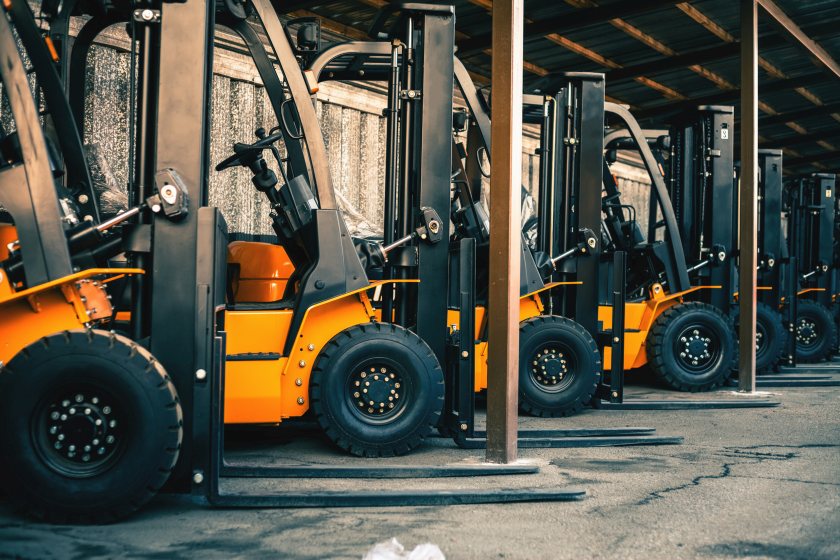
Britain’s construction equipment industry is bracing for impact ahead of the Autumn Budget, after Chancellor Rachel Reeves warned that “necessary choices” will have to be made — a message that has fuelled concern over potential tax rises and their effect on investment and growth.
Industry figures fear that any increase in personal or business taxation could hit construction activity just as confidence begins to recover. Housebuilding remains below pre-2022 levels, and higher costs or borrowing rates could delay new developments and reduce demand for machinery across the supply chain.
For manufacturers and suppliers, the prospect of fiscal tightening adds to existing pressures from rising energy and materials costs and post-Brexit trade barriers. Many firms say margins are already thin, and any new tax burden could limit investment in research, product development and skills.
At the same time, the sector is urging the government to maintain commitments to public infrastructure spending. Investment in transport, housing, education and health projects underpins productivity and provides essential demand for plant and equipment. Long-term certainty, industry leaders argue, would give firms the confidence to plan and invest in cleaner, safer and more efficient technology.
The Budget is also seen as a chance to reinforce support for low-carbon machinery. The construction equipment industry is investing heavily in electric, hydrogen and hybrid models, but progress depends on stable energy policy and targeted incentives to help adoption rather than add cost.
Skills shortages remain a key challenge. Rising costs risk driving smaller contractors out of business, threatening the loss of skilled operators, engineers and technicians. Sustained investment in training and apprenticeships will be critical to maintaining capacity and nurturing future talent.
Viki Bell, Chief Executive of the Construction Equipment Association (CEA), said the Chancellor faces a delicate balancing act. “Construction is a barometer for the wider economy, and stability in our sector means stability for the country,” she said. “We understand the pressures facing the Chancellor, but growth and investment must remain at the heart of this Budget. Our members need the confidence to invest in skills, innovation, and cleaner technologies — not uncertainty that slows progress. A clear, long-term approach will give British manufacturing the platform it needs to thrive.”
The CEA said it would continue to represent members’ interests by advocating for consistent policies that support innovation and investment. Following the Budget, it will publish a detailed post-Budget analysis in partnership with Professor Andrew Angus of Cranfield University’s School of Management.